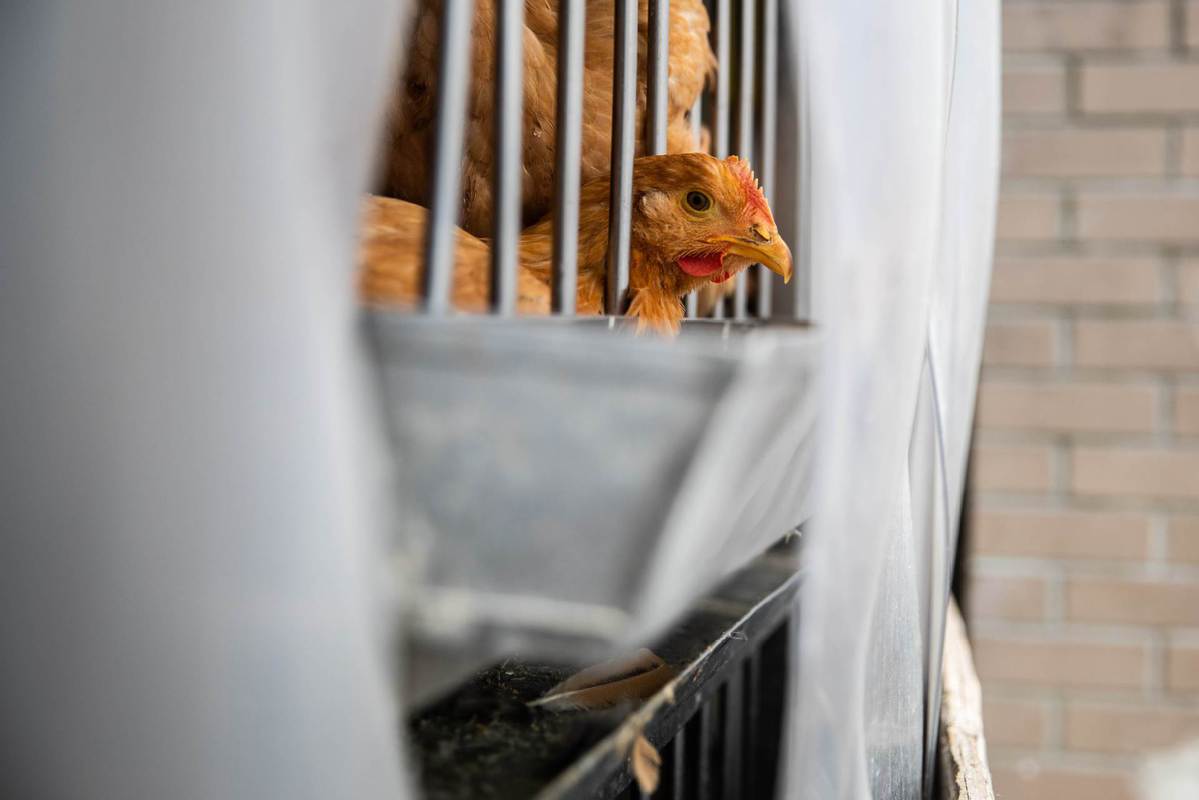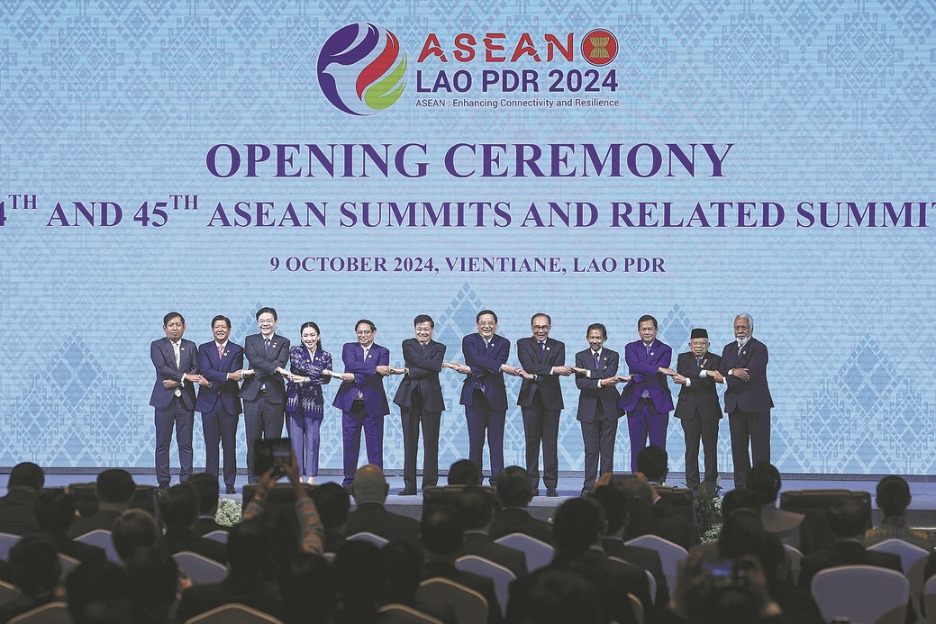'Wet markets' a crucial part of Asian economies


In recent weeks, there have been widespread calls in the West for a ban on "wet markets" in China. Similar sentiments have also been expressed in Australia.
They are oblivious of the fact that these are people's markets, where fresh vegetables and meat are sold. They are the lifeblood of Asian economies.
Australian Prime Minister Scott Morrison, while berating the World Health Organization for supporting China's reopening of such markets, said they were threatening the wellbeing of the rest of the world.
In the United States and Europe, there seems to be a misunderstanding about the social role of such markets.
The Western campaign is a thinly disguised racist campaign painting Chinese as well as other Asians as unhygienic, and blaming that for the COVID-19 pandemic.
Across Asia, including squeaky-clean Singapore, these markets are very popular.
The poor sections of society go to these markets for their daily shopping because the food is less expensive than in supermarkets, and often fresher.
Policymakers need to take steps to strengthen the hands of producers and consumers in the real economy and prevent exploitation by the middlemen, said Jayasri Priyalal, regional manager of the finance sector for UNI Global Asia-Pacific, an organization that represents 172 trade unions and around 2.3 million workers.
He sees these markets and rural fairs as a crucial element that needs to be developed, enabling producers and consumers to meet and engage in commerce. "These small-scale operations are vital to maintaining life and livelihood in the community," he said.
When supermarket chains NTUC FairPrice and Sheng Siong took over the wet market spaces in public housing blocks a few years ago to build air-conditioned supermarkets in Singapore, then Health Minister Khaw Boon Wan assured protesting residents he had asked the supermarkets to allocate a section for a wet market.
They not only serve local communities, but are also magnets for tourists. Thailand is one such example. Pattama Vilailert, a Thai tourism consultant, said these markets are popular among international tourists.
"Wet markets are located in every community in Thailand. If they are banned, the life of people in the community will be hit hard," she said.
Eh Synuanchanh, a development economist from Laos, agreed. "Wet markets drive the local economies, especially developing economies. They are a source of food for millions of people across the country."
However, he said governments should regulate these markets tightly so wild animals are not traded.
Synuanchanh said many animal rights groups in the West that have called for bans on such markets are misguided.
Christos Lynteris, an anthropologist at the University of St. Andrews in the United Kingdom, and Lyle Fearnley of Singapore University of Technology and Design, in an article in The Conversation UK, a news website, argued that the wet market narratives in Western media are tinged with anti-China sentiments.
In May last year, the Global Assessment Report on Biodiversity and Ecosystem Services, published by the Intergovernmental Science-Policy Platform on Biodiversity and Ecosystem Services, said 1 million species are now at risk of extinction.
The legal and illegal trade of wildlife for human consumption is recognized as one of the most severe threats to biodiversity.
Even before the COVID-19 outbreak, ecologists had warned about the dangers of destroying biodiversity and the advent of new viruses as humans interact more directly with wild animals.
If we are to address the issue of consuming harmful pathogens dangerous for humans, "dispelling mythical beliefs of the health benefits of consumption of the flesh of wild animals will certainly help", says Priyalal.
A new Framework Convention on Biological Diversity is expected to be adopted when parties to the 1992 Convention on Biodiversity, signed in Rio de Janeiro, Brazil, meet in Kunming, China, in October.
Perhaps this might be postponed. But when they meet, China, along with other Asian countries, should take the lead in adopting a strong, legally binding convention to save nature and wild animals.
Asia should draw from its age-old philosophies that promote conservation of nature and compassion for animals. That would be the best path to silence Western critics.
The author is a media analyst and former head of research at the Asian Media Information and Communication Centre in Singapore. The views do not necessarily reflect those of China Daily.

































